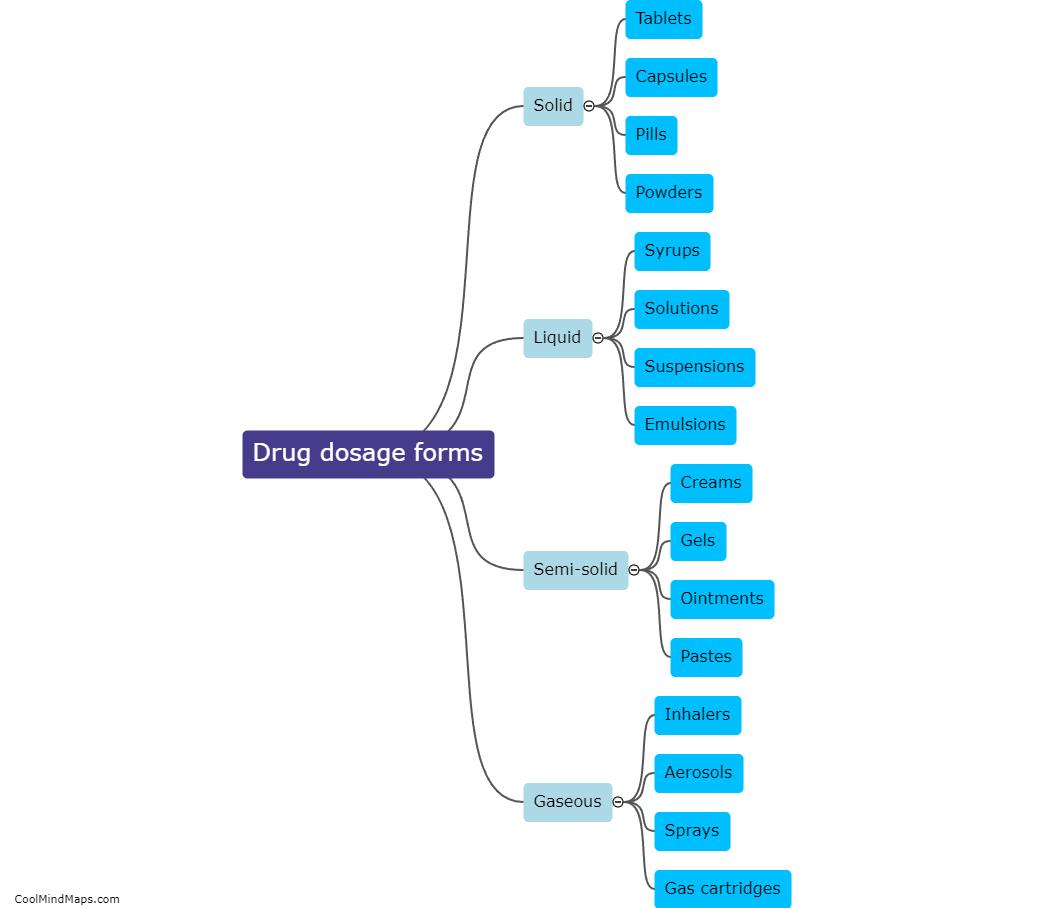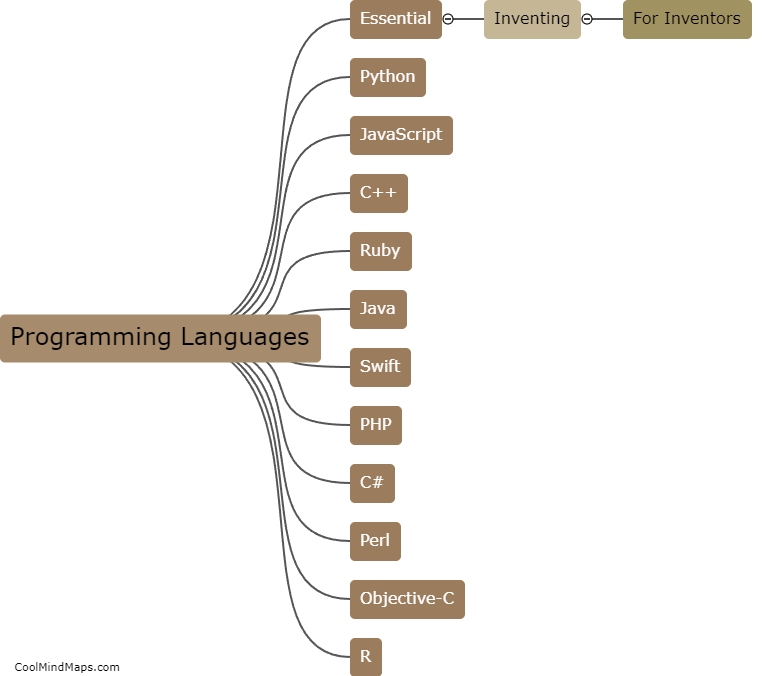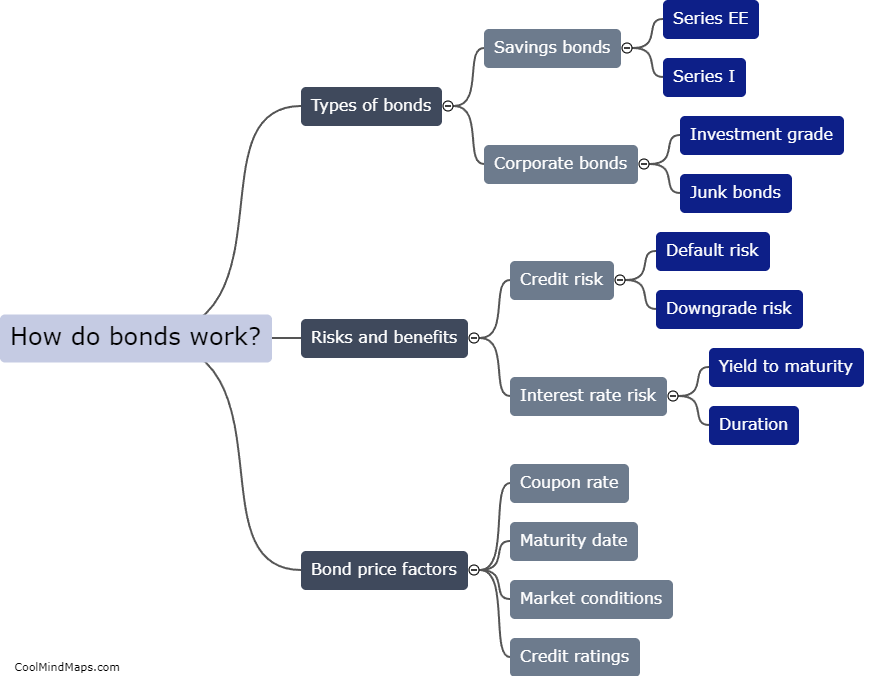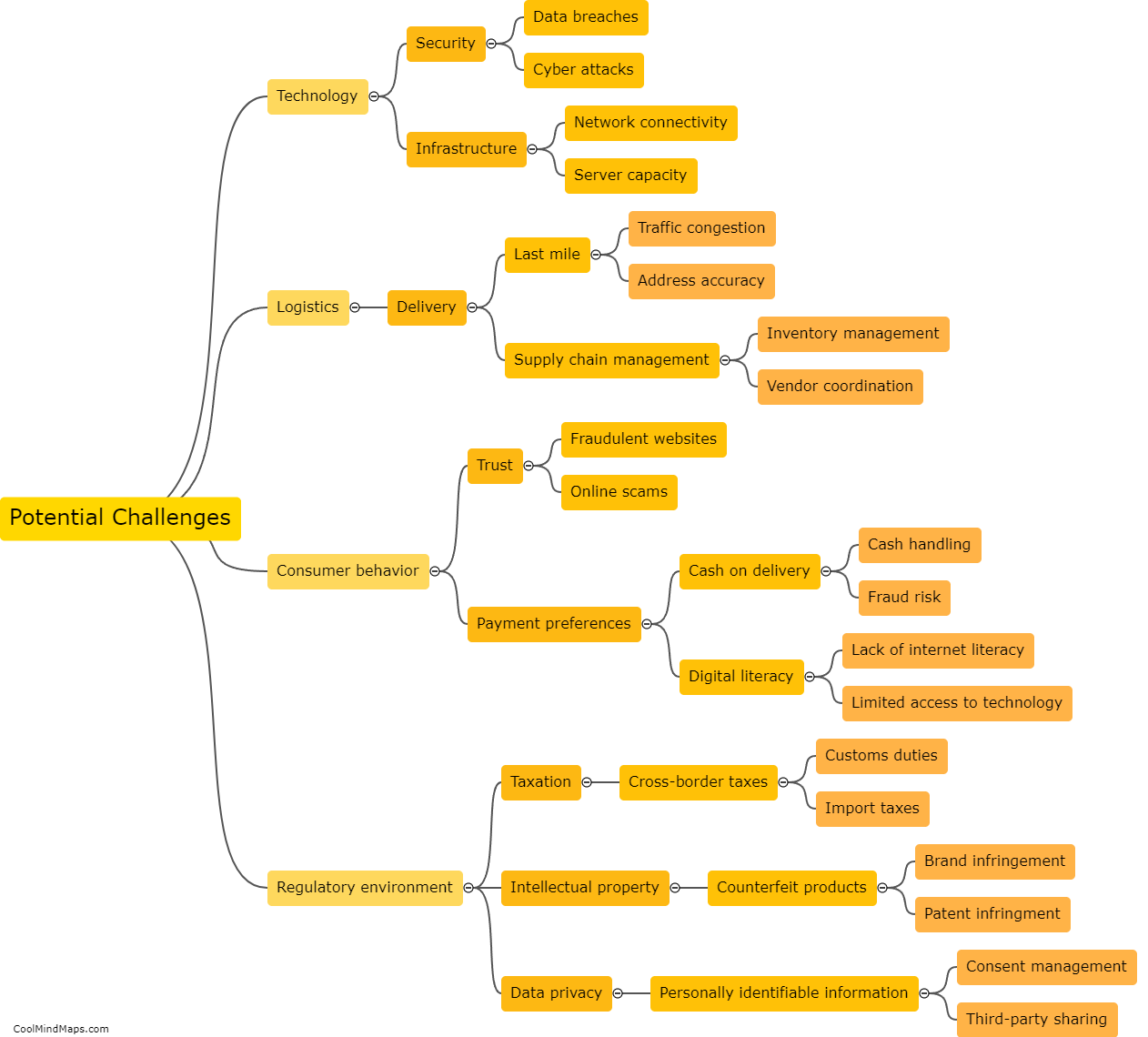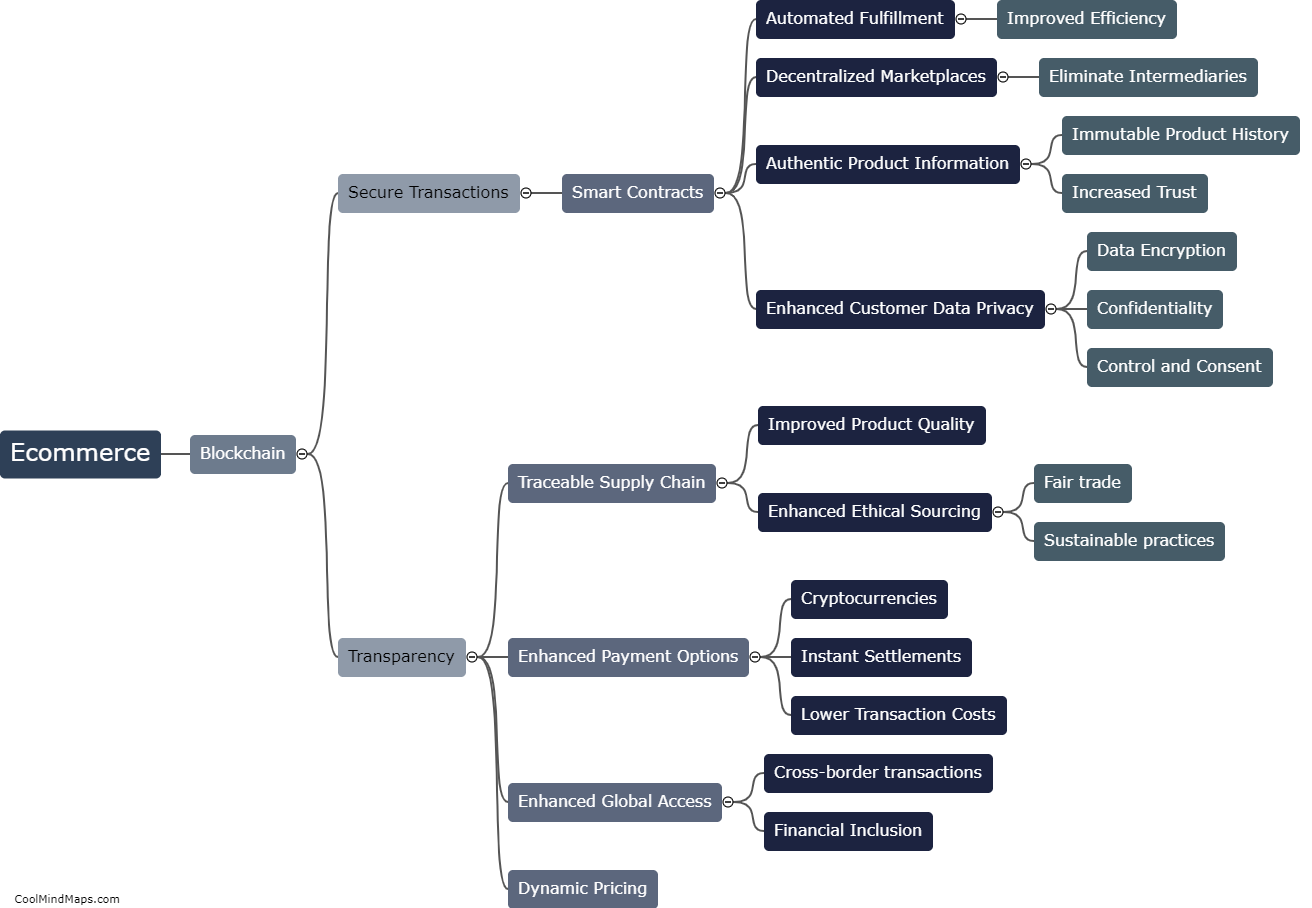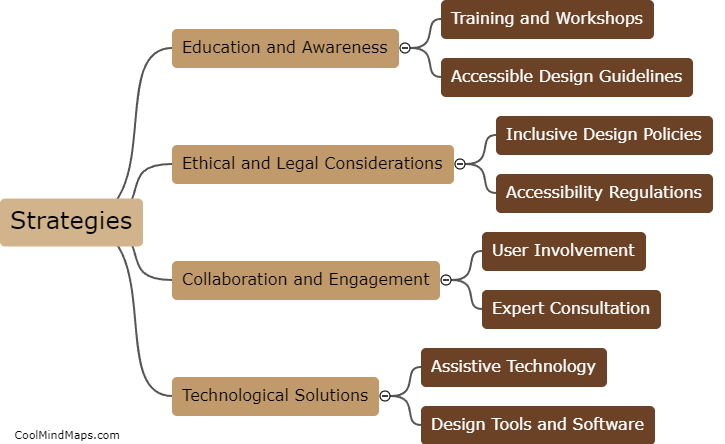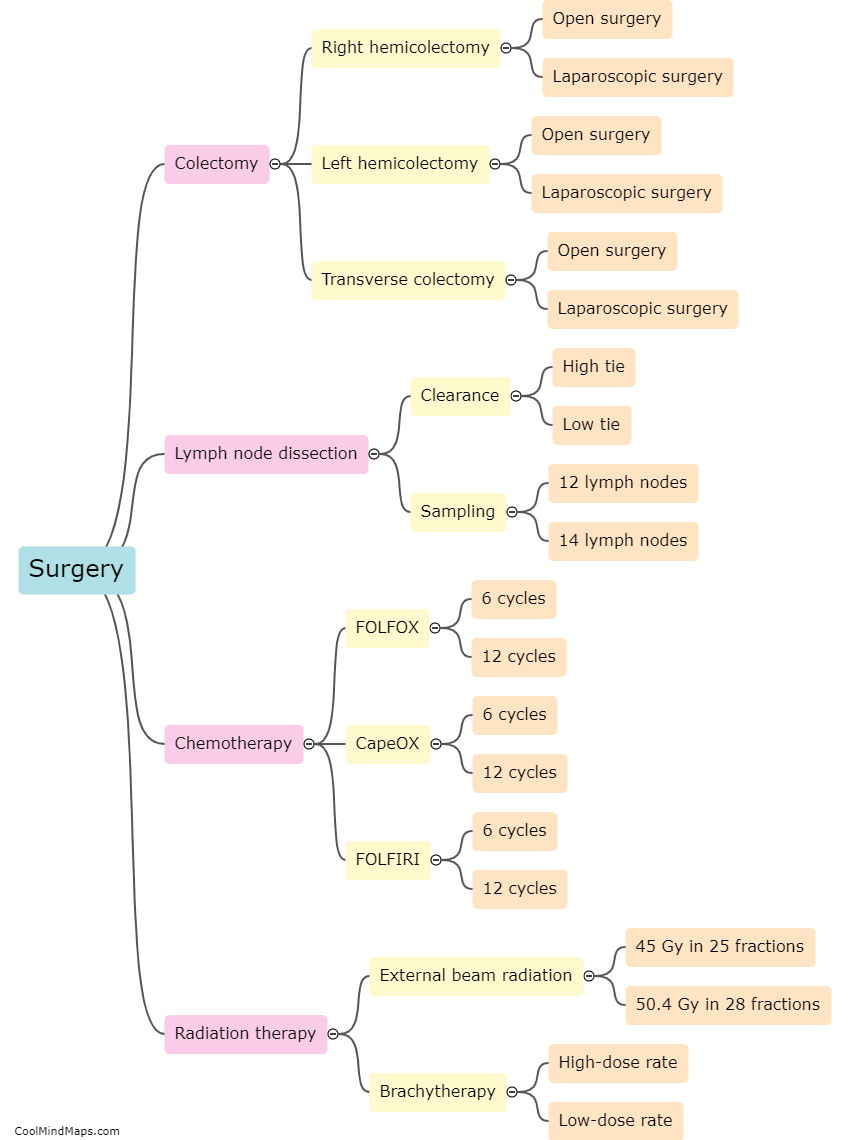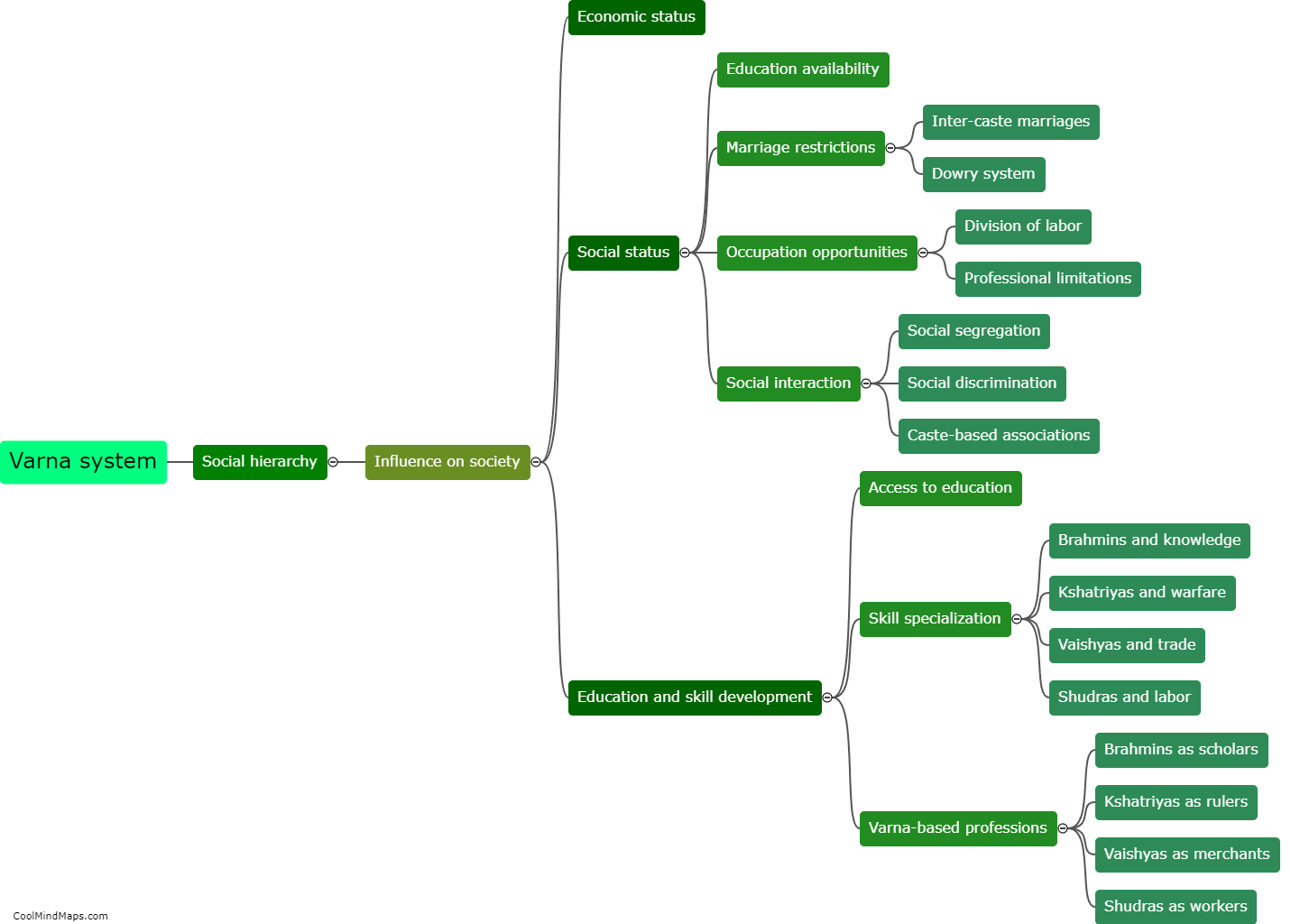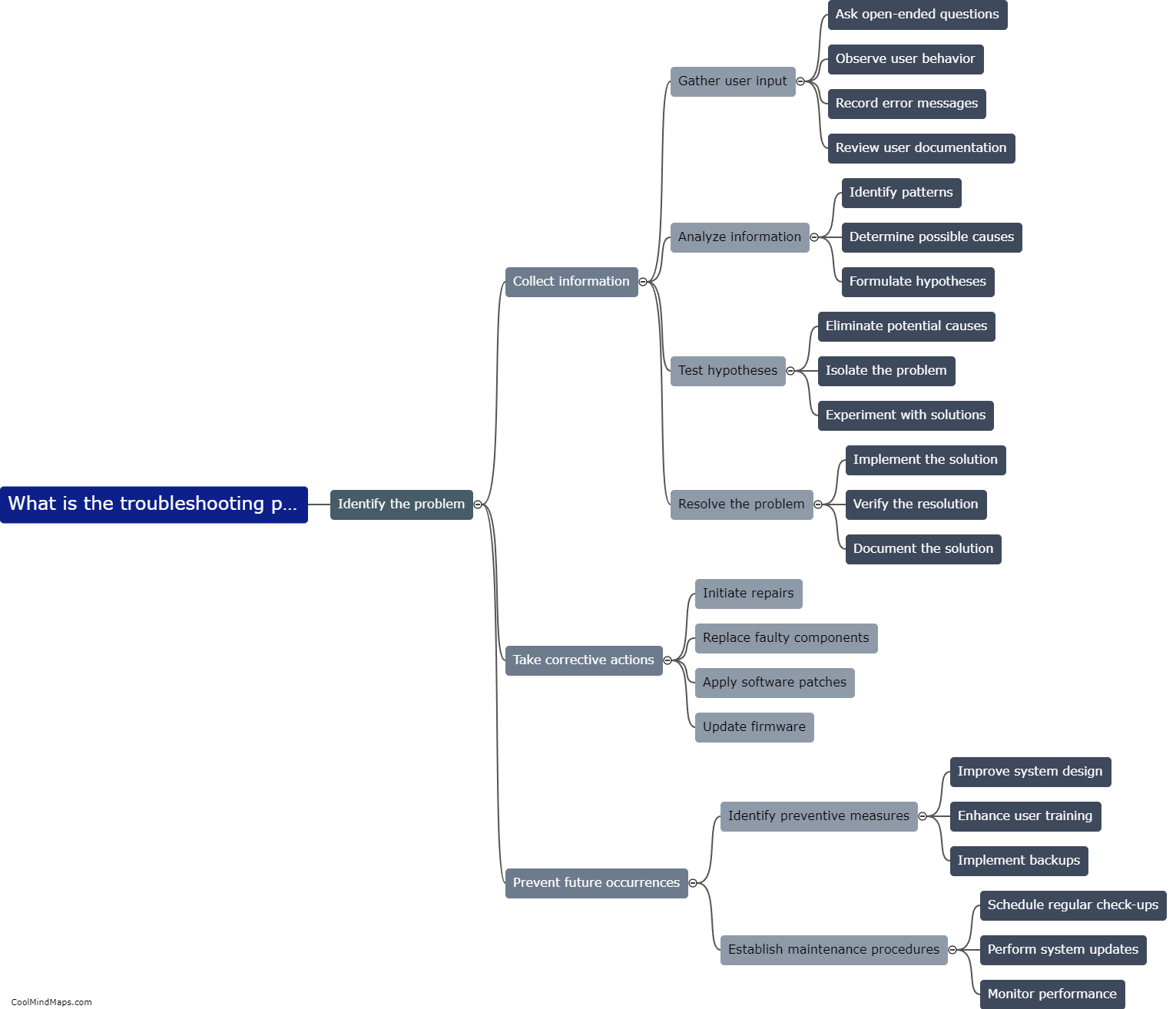What are the main components of Portuguese grammar?
The main components of Portuguese grammar include verbs, nouns, pronouns, adjectives, adverbs, prepositions, conjunctions, and articles. Verbs play a crucial role in Portuguese grammar, as they determine the tense, aspect, and mood of a sentence. Nouns are used to name people, places, objects, or abstract concepts. Pronouns are used to replace nouns in order to avoid repetition. Adjectives modify nouns, providing additional information like size, color, or quality. Adverbs modify verbs, adjectives, or other adverbs, indicating aspects such as time, place, manner, or degree. Prepositions establish the relationship between nouns and other words in a sentence. Conjunctions connect words, phrases, or clauses. Lastly, articles specify the definiteness or indefiniteness of a noun. These components work together to form sentences and convey meaning in the Portuguese language.
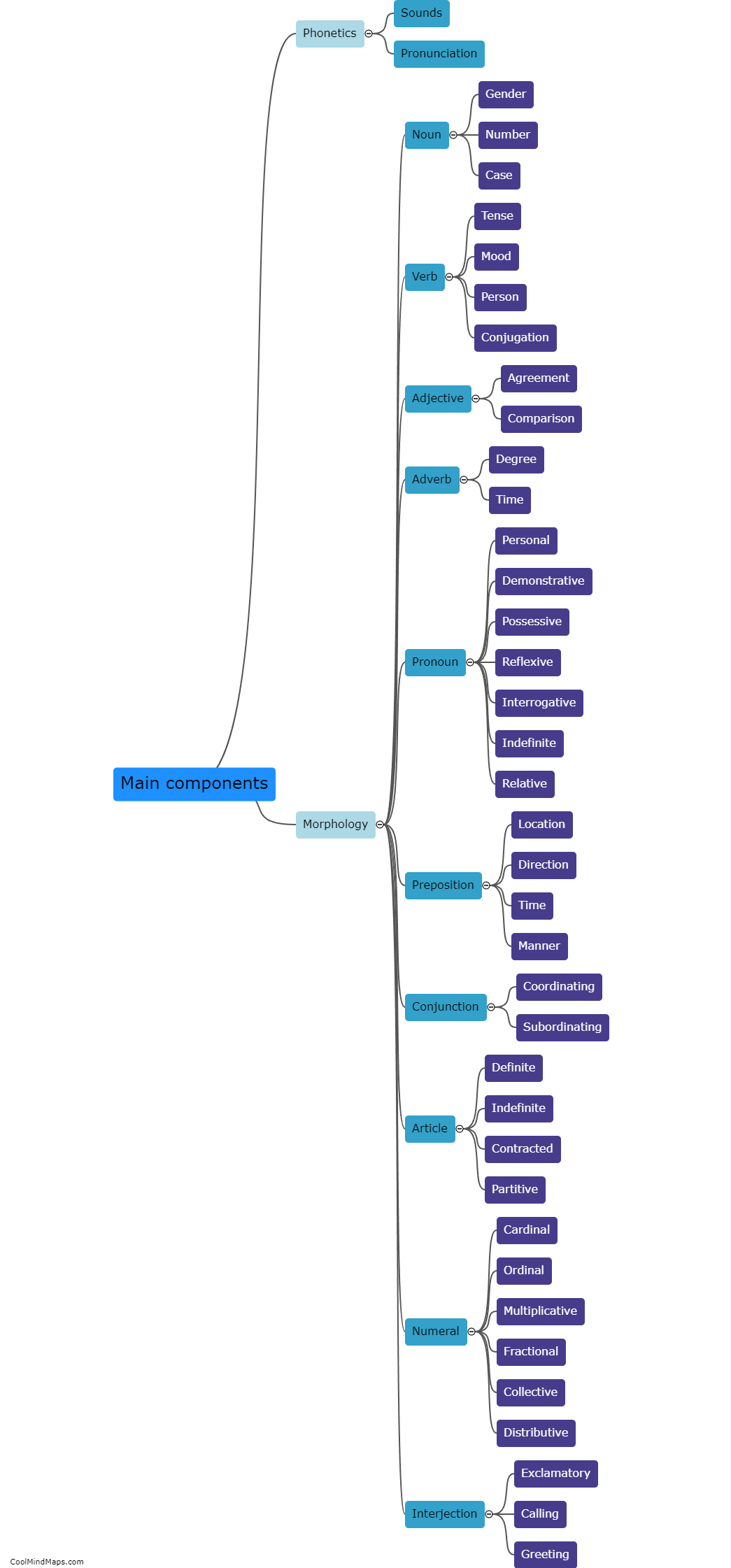
This mind map was published on 3 October 2023 and has been viewed 100 times.
